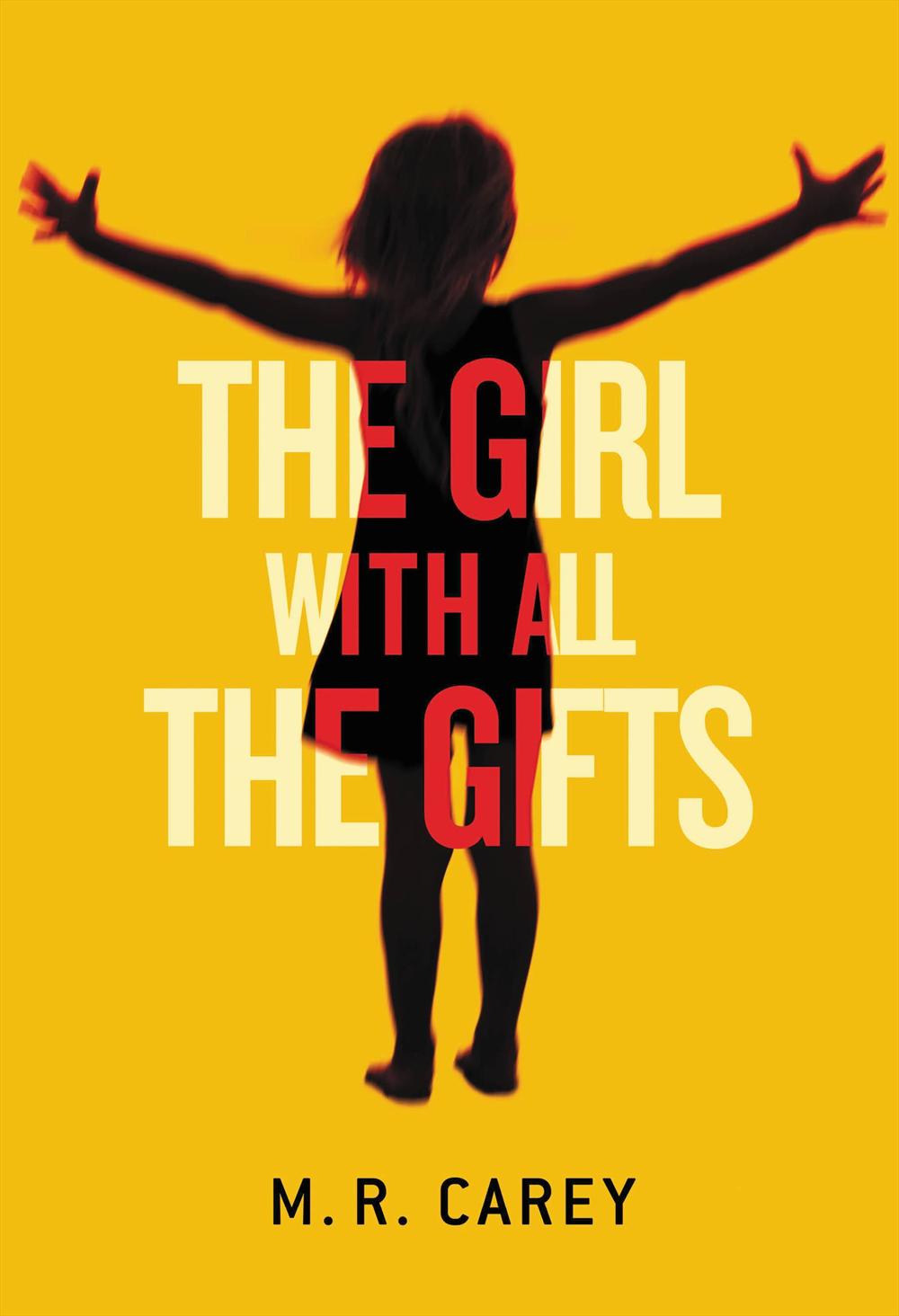Don't get me wrong, Hickman is incredibly creative and kind of a mad genius — he's just a terrible storyteller. I've come to accept this fact. Transhuman is told as a "documentary" about the rise of the 3 largest Transhumanist corporations, which I guess is a clever conceit, except (1) why make a fictional documentary as a graphic novel? Why not, ya know, write a screenplay? and (2) the nature of those 60 Minutes-style factual reporting documentary is, by nature, a summary, and therefore not a story. The story is told through interviews with a narrator and the people involved in the story, but they are literally just TELLING the reader what happened. It's almost remarkable that a graphic novel — a medium which is visual by nature — could rely so much on telling and not showing, and therefore breaks one of the cardinal rules of fiction writing.
Sure, there are some interesting characters, and probably some cool dramatic, personal moments between them — namely, the divorced couple who end up working together on the Transhumanist project despite their mutual hatred for one another, who ultimately backstab each other again — but frankly, it's not very interesting to just see someone tell you that. It doesn't matter how witty or clever the commentary and writing is, I want to see it happen, I want to witness their interpersonal relations. If this were a real-life documentary from 50 years from now, and it aired on 60 Minutes or whatever, it would probably be great, because investigative journalism can get away with digging deep and just reciting facts (although I'd argue that most award-winning works of investigative journalism still manage to find a compelling human angle, something for the audience to emotionally engage with that makes them follow the story through to the end). In Transhuman, we just get a bunch of talking heads telling us what already happened, and a narrator / director to steer us away from any unreliable sources. There is literally nothing compelling or human to pull you through the story. There's a clever (albeit overwhelmingly cynical) twist at the end, which I guess is fun. But you can't build a story off a twist.
When Hickman first broke out onto the comics scene, I thought he was fantastic, but the truth is, he's good at creating the ILLUSION of good story telling. Everything he writes is done in summary, with a few cool moments in between to make it feel human. A friend of mine summed it up well as citing the difference between The Lord of the Rings and The Silmarillion — one is a story about characters that we care about, the other is a play-by-play history book, and Hickman writes the latter. I think Hickman would be better off as an idea man, leaving other people to actually execute these epic stories of his. Because the worlds he creates are always unique and fascinating, full of complex politics and otherworldly visions. But saying "HERE'S THIS CRAZY WORLD I CREATED AND THERE ARE THESE GUYS AND THEN THESE TWO FOUGHT AND THEN THIS GUY BETRAYED THIS GIRL AND THEN THIS PERSON WON, THE END" is really not a fun story to read.





















